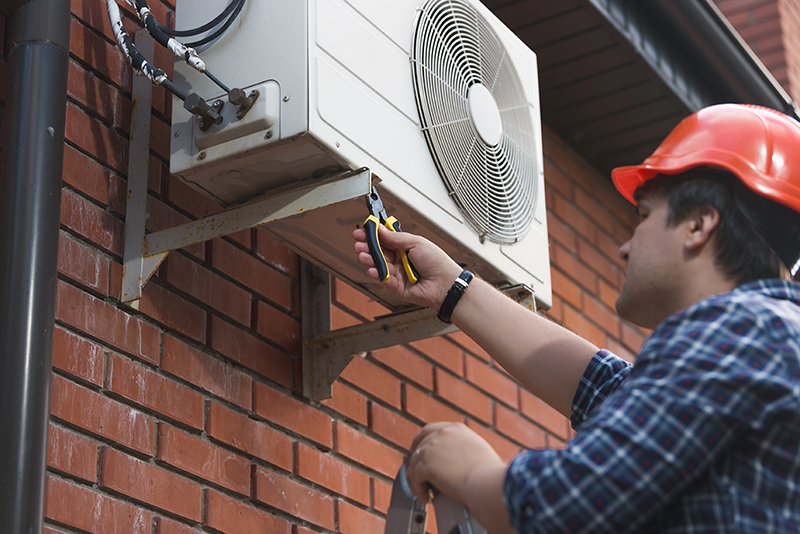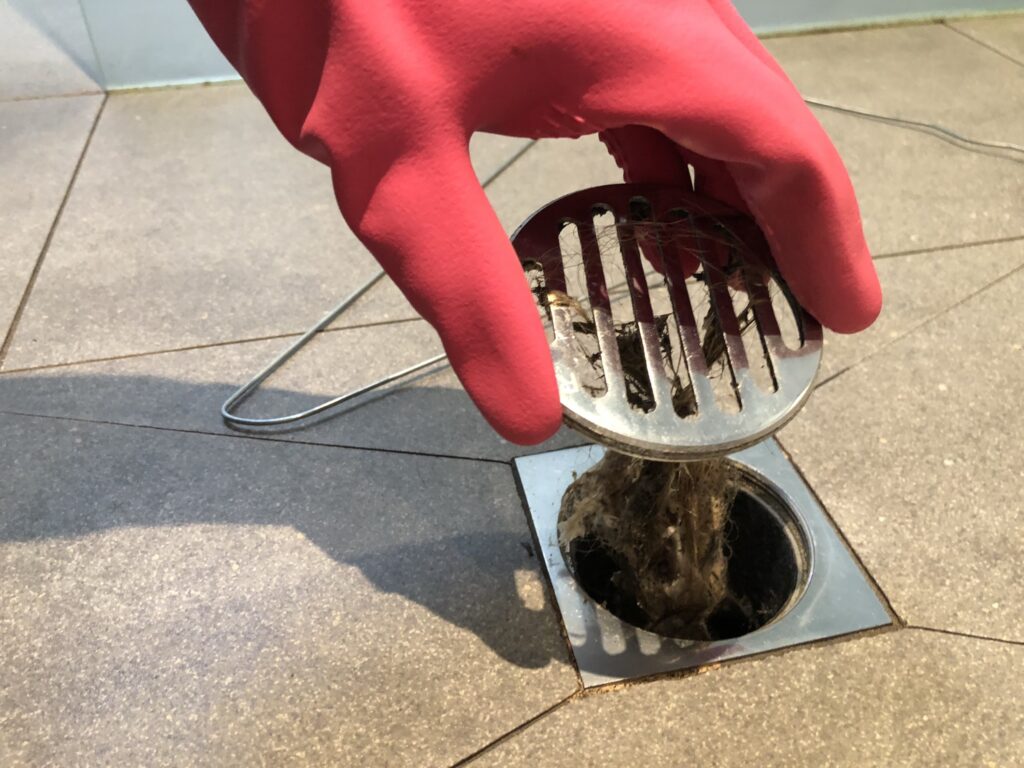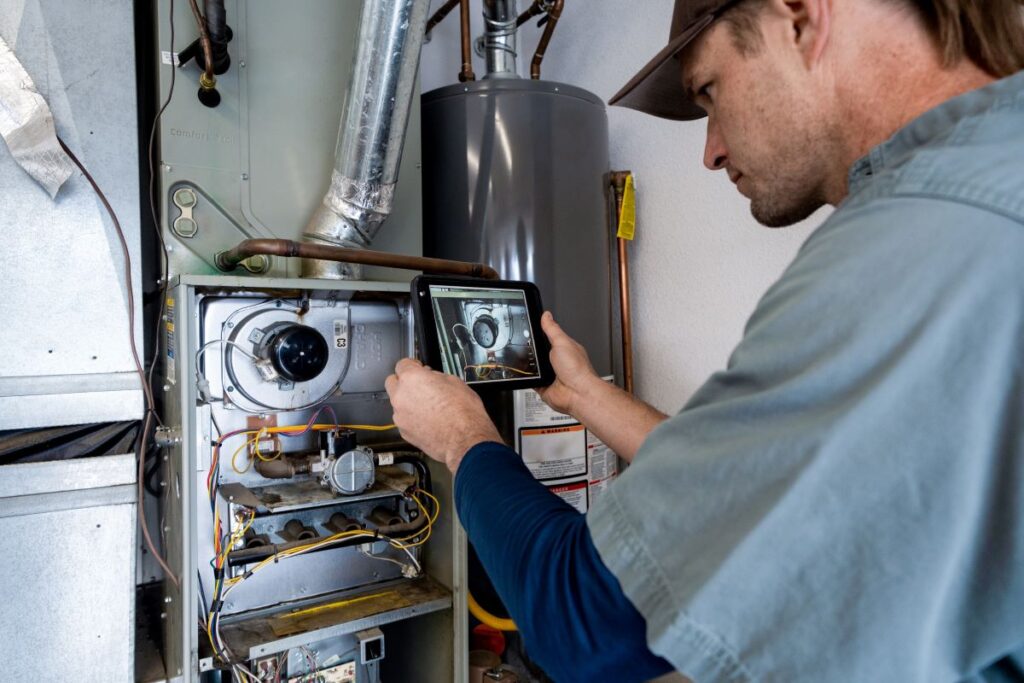
Murphy’s Law prevails when you should consider an HVAC replacement. It’s always the coldest or hottest day of the year when your heating or cooling system dies. You’ll notice it when you are exposed to radical changes in indoor temperatures.
Regular HVAC maintenance is essential to prolong the life of any heating or cooling system. For example, as a heating system ages and depending on the volume of use, the average life expectancy of a furnace or burner is 15 to 30 years. This assumes regular inspections, maintenance, and minor repairs are addressed expediently.
Guide to Assessing the Need to Replace
Manufacturers and HVAC professionals provide operations and maintenance guides when HVAC systems are installed.
By comparing the age of the unit to the efficiency rating provided in the manual with that of today’s high-efficiency HVAC units, this helps determine if it is time for a replacement.
For example, according to the US Dept. Of Energy, older furnace and boiler systems had efficiencies in the range of 56% to 70%. Modern conventional heating systems achieve efficiencies as high as 98.5%, converting nearly all the fuel to useful heat for homes and buildings.
These efficient heating and cooling systems reduce fuel costs, and energy-efficient upgrades help reduce pollution output by half. Thus, when you upgrade your HVAC system from 56% to 90% efficiency in an average cold and hot climate, this saves 1.5 tons of carbon dioxide emissions annually when fuels are based on gas or oil.
Additional Considerations
Since most heating and cooling systems are dependent on HVAC blowers to circulate air, it is also important to know that the average life of an HVAC blower is 20 years. However, if the blower is used for heating and central air conditioning, the life span can be 15 years, depending on average weather temperatures.
The Clues It’s Time for a Replacement
As with most mechanical equipment, aging and volume of use may require more frequent repairs. The easiest way to know when it is time for a replacement is when costs for repairs add up to half the cost of a new unit.
If an HVAC Unit Dies, Who is Responsible for Replacement?
There are two answers to the question. The originating responsibility for replacement is the buyer of the HVAC system and the reputable, licensed installer.
In commercial HVAC leases, it is important to know the terms of a lease to determine which parties named in the lease are responsible for replacement, such as landlords and/or tenants.
If your HVAC unit is ready for a replacement, contact us at 4Front Energy today!
Reference:
https://www.jdsupra.com/legalnews/don-t-overlook-the-importance-of-hvac-16429/
https://www.energy.gov/energysaver/home-heating-systems/furnaces-and-boilers




